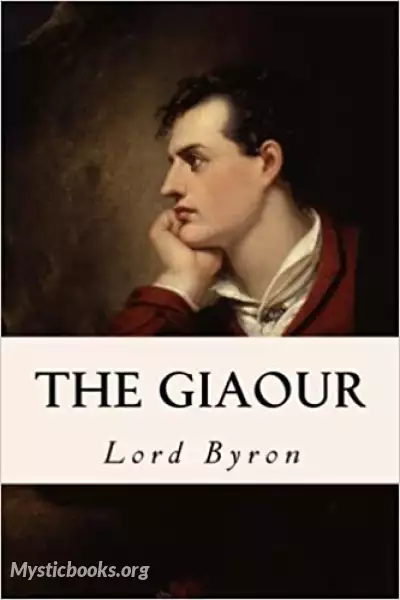
The Giaour
'The Giaour' Summary
Byron was inspired to write the poem during his Grand Tour during 1810 and 1811, which he undertook with his friend John Cam Hobhouse. While in Athens, he became aware of the Turkish custom of throwing a woman found guilty of adultery into the sea wrapped in a sack.
"Giaour" (Turkish: Gâvur) is an offensive Turkish word for infidel or non-believer, and is similar but unrelated to the Arabic word "kafir". The story is subtitled "A Fragment of a Turkish Tale", and is Byron's only fragmentary narrative poem. Byron designed the story with three narrators giving their individual point of view about the series of events. The main story is of Leila, a member of her master Hassan's harem, who loves the giaour and is killed by being drowned in the sea by Hassan. In revenge, the giaour kills Hassan and then enters a monastery due to his remorse.
The design of the story allows for contrast between Christian and Muslim perceptions of love, death, and the afterlife.
The poem was written after Byron had become famous overnight after the publication of the first two cantos of Childe Harold's Pilgrimage and reflects his disenchantment with fame. It also reflects the gloom, remorse, and lust of two illicit love affairs, one with his half-sister Augusta Leigh and the other with Lady Frances Webster.
The earliest version of the poem was written between September 1812 and March 1813, and a version of 700 lines published in June 1813. Several more editions were published before the end of 1813, each longer than the last. The last edition contains 1,300 lines, almost twice as many as the version first published.
Book Details
Authors
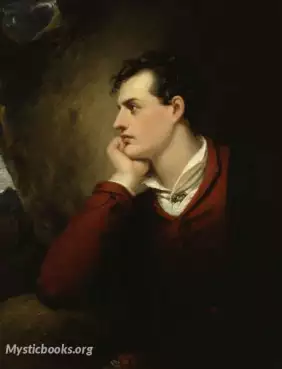
George Gordon, Lord Byron
England, Ottoman Empire, Turkey
George Gordon Byron, 6th Baron Byron, known simply as Lord Byron, was an English peer, who was a poet and politician. He was one of the leading figures of the Romantic Movement and is regarded as one...
Books by George Gordon, Lord ByronDownload eBooks
Listen/Download Audiobook
- Select Speed
Related books
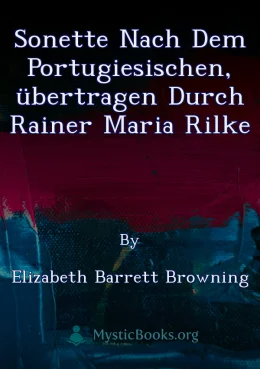
Sonette nach dem Portugiesischen, übertragen durch Rainer Maria Rilke by Elizabeth Barrett Browning
This book contains the German translation by Rainer Maria Rilke of Elizabeth Barrett Browning's "Sonnets from the Portuguese". Browning wrote these so...

A Bachelor to a Married Flirt by Ella Wheeler Wilcox
"A Bachelor to a Married Flirt is a poem that warns a married woman of the dangers of flirting with other men." A Bachelor to a Married Flirt is a po...

Christy and The Pipers by Jean McKishnie Blewett
In a realm where words dance to the tune of life's melodies, Jean McKishnie Blewett's "Christy and The Pipers" invites you to embark on a captivating...
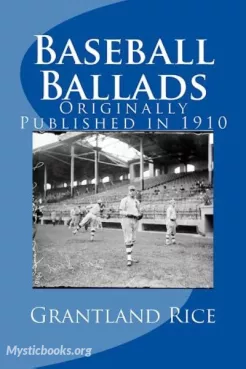
Baseball Ballads by Grantland Rice
Step up to the plate and immerse yourself in the poetic beauty of America's favorite pastime with "Baseball Ballads" by Grantland Rice. "Baseball Ball...

My November Guest by Robert Frost
My November Guest is a poem by Robert Frost that explores the themes of death, mortality, isolation, and grief. The poem is set in a cold, desolate wi...
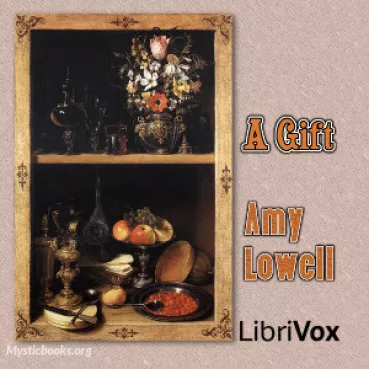
A Gift by Amy Lowell
In the realm of Amy Lowell's captivating poem, "A Gift," readers are presented with a lyrical offering, a vessel filled with the essence of love and d...

Lullaby by Louisa May Alcott
“Lullaby” is a poignant and reflective poem by Louisa May Alcott, exploring themes of love, loss, and the bittersweet memories of childhood. Alcott us...
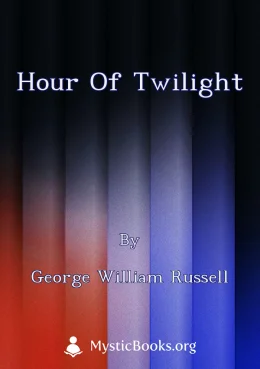
Hour of Twilight by George William Russell
LibriVox volunteers bring you 14 different recordings of The Hour of Twilight by George William Russell, published in "Collected Poems" in 1913. This...
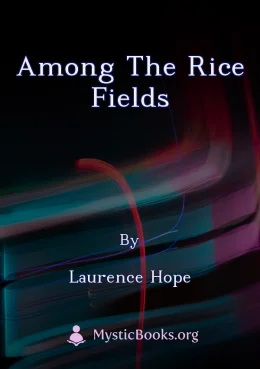
Among the Rice Fields by Laurence Hope
Among the Rice Fields is a collection of poems by Violet Nicolson, writing under the pseudonym Laurence Hope. Published in 1901, these poems explore t...
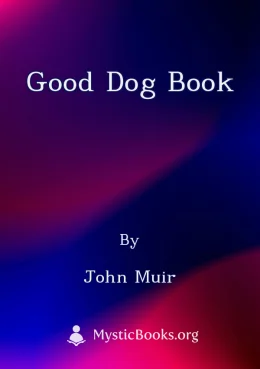
Good Dog Book by John Muir
This collection of adult stories and poems explores the complex and often unexpected relationships between humans and their canine companions. John Mu...
Reviews for The Giaour
No reviews posted or approved, yet...